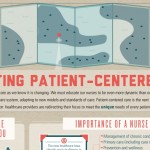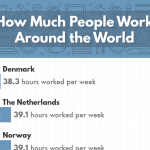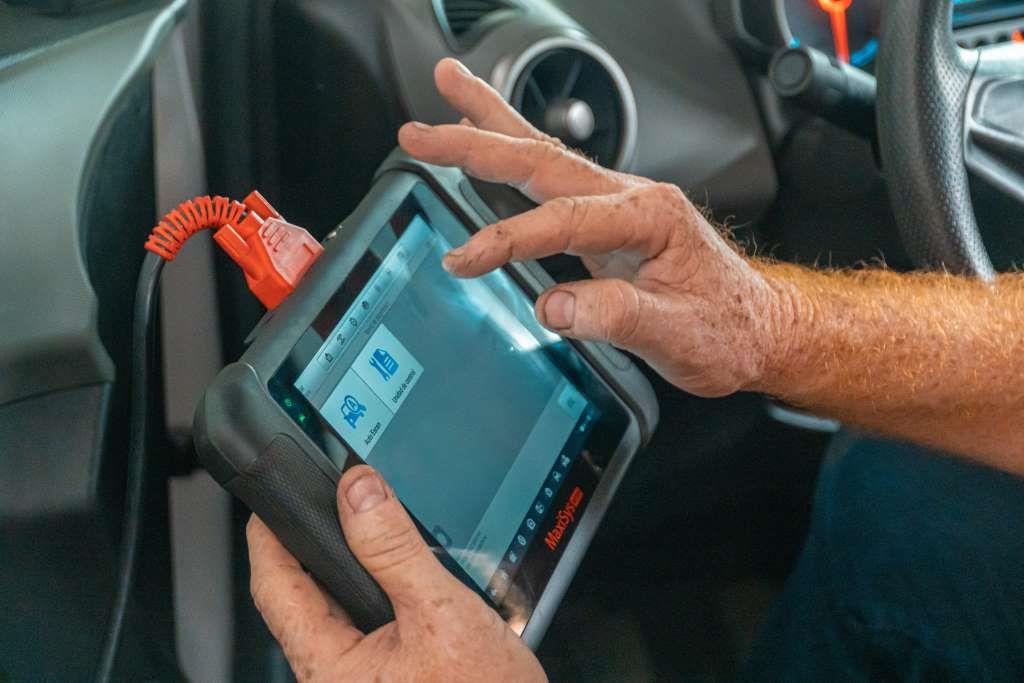
Last year, Chief executive of the NHS Confederation Mike Farrar warned that the new NHS reforms under the Health and Social Care act, which aimed to put doctors and nurses in charge of the NHS, would lead to a ‘tsunami’ of paperwork for nurses. He warned that nurses would have to quickly adapt to new administrative systems and fill in more forms as part of their increased responsibility for making sure the NHS runs smoothly, leading to stress and patient neglect.
A discussion paper by the NHS confederation on the issue of tackling red tape and paper work has confirmed Farrar’s concerns. The report concluded that ‘insufficient progress’ has been made since the last report on the subject in 2009, and the main problems facing nurses who have to deal with bureaucracy include nurses being ‘asked for unnecessary information, to give the same information multiple times, or asked to gather data in poorly designed and cumbersome formats.’ The root of the problem appears to be an urgent need for the bureaucratic systems to be streamlined and redesigned, but this would incur costs that the government simply can’t afford.
A poll released this year revealed that a shocking 2.5 million nurse hours are spent each week on non-essential clerical work. The same poll, conducted by ICM, of 6,000 nurses also revealed that 81% are unable to attend to their patients because they have to prioritise paperwork and 55% have seen a significant rise in paper work over the past two years. The main cause of this rise was last year’s NHS reforms.
It could also be argued that nurses are burdened with paperwork outside working hours. For example, they must complete lengthy forms in order to apply for a nursing tax refund on expenses such as union subscriptions and professional membership fees.
The Health and Social Care act of 2012 promised to lower the cost of NHS care by cutting down on the red tape, bureaucracy and seemingly unnecessary staff that has been dragging down hospitals in recent years. Their approach was to reduce the amount of clerical workers, with a 10% reduction of administrative staff and 18% reduction in NHS management over the two year period of May 2010 and September 2012. However, according to the NHS Confederation paper, this has cut costs but has not solved the problem. Now that there’s fewer administration staff working for the NHS, the weight of the paper work now falls on the shoulders of those on the front line. Nurses are reduced to spending their shifts filling in forms or chained to computers and there are new fears that the quality of patient care is falling or simply not being done at all. The paper also points out that the Health and social care act is making NHS even more complex, and with complexities comes more forms.
The burden of paper work is also putting a strain on GPs. A recent survey by the British Medical Association revealed that 8 out of 10 GPs currently fear that they are spending too much time tackling paperwork and ticking boxes than having face to face time with patients.
The consequences could be dire, if millions of nurse hours are being spent on paper work already, patient neglect could increase. This has led to fears that scandals such as the breakdown of the Mid Staffordshire trust could get repeated or even become commonplace. Increased paper work is also affecting stress levels in nurses, which could lead to mistakes. Reduced clerical staff and increased paperwork are now forcing nurses to ration and prioritise care.
Vicky Ellie
Latest posts by Vicky Ellie (see all)
- When Brand Extension Goes Wrong: Bizarre Promotional Products - May 11, 2014
- Rebranding Sport for a Modern Audience - May 3, 2014
- 6 Car Safety Technologies Of The Future That Might Blow Your Mind - April 29, 2014















